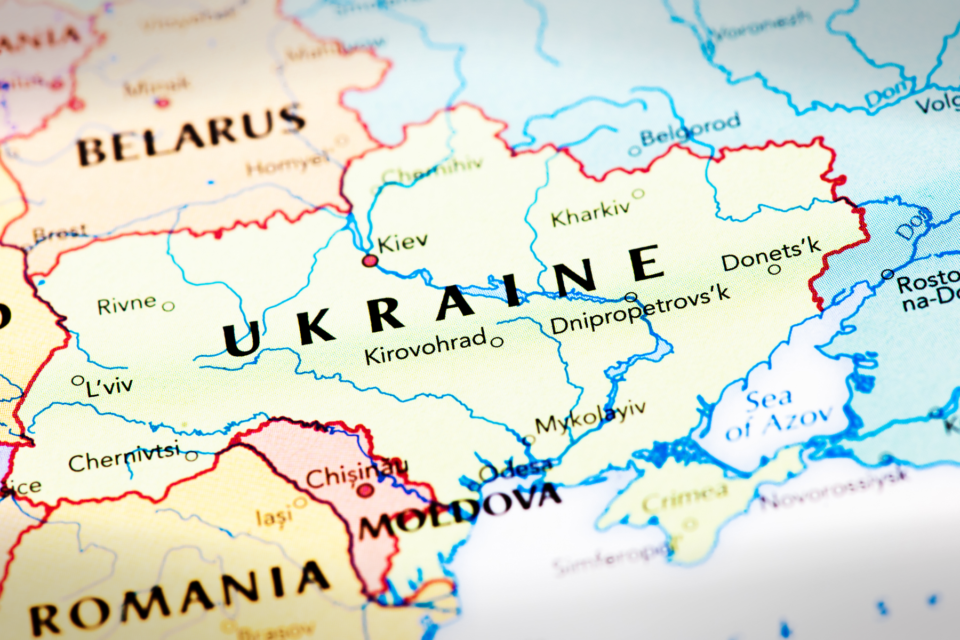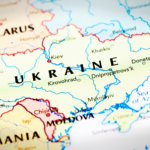Economic Effects of Russia’s Invasion of Ukraine

WASHINGTON, D.C. – More than 50,000 Ukrainians have fled their country since the start of Russia’s invasion and many more are moving toward the border, according to Filippo Grandi, the United Nations High Commissioner for Refugees.
“Russia’s invasion of Ukraine is a serious breach of international law, a violation of Ukraine’s sovereignty, and an affront to our steadfast belief in a world where democratic countries, following the rule of law and the free enterprise system, can be free and prosper,” said U.S. Chamber of Commerce President and CEO Suzanne P. Clark.
President Biden also issued a rebuke of Russia’s invasion of Ukraine and has imposed successive rounds of sanctions in response. He announced additional financial sanctions and new export controls to impose severe costs on Russia’s economy, specifically its financial system and access to advanced technology.
These measures include:
- Severing the connection to the U.S. financial system for Russia banks representing nearly 80% of
all banking assets in Russia, including Sberbank, the country’s largest bank; - Full blocking sanctions on Russia’s second largest financial institution, VTB Bank (VTB), and three
other major Russia financial institutions; - New debt and equity restrictions on 13 of the most critical major Russian enterprises and
entities; - Additional full blocking sanctions on Russian elites and their family members; and
- Costs on Belarus for supporting a further invasion of Ukraine.
In another highly consequential move, the Department of Commerce published a new final rule on export controls applicable to Russia following the White House announcement. The rule aims to cut off Russia’s access to cutting-edge technology, primarily targeting the Russian defense, aviation, and maritime sectors.
For further details on these actions, see the White House announcement, the Department of the Treasury announcement, and a Department of Commerce fact sheet.
Effects on the Cheyenne Business Community
The ability of U.S. business to involve Russian and Ukrainian business in their operations is essentially gone. Specific industries and costs to consider include but are not limited to: Air Cargo, which can no longer fly over Russian air space and will increase in cost; Oil and Natural Gas; Titanium; and Textiles.
“Track down the sources for your supplies to mitigate the effects of this conflict on your business,” said Greater Cheyenne Chamber of Commerce representatives.
Additionally, while there are minimal goods that the U.S. imports directly from Russia, as other regions such as Europe experience shortages caused by this conflict there could be second-hand effects that increase prices for both raw materials and finished goods. Global unrest could cause American consumers to cut back on spending and fuel a potential economic downturn. With many parts of the world experiencing rapid inflation, this is a sobering possibility.
________________________________________________________________________________________________________________________________________________________________________
Story by J. Elizabeth Bennett
Elizabeth Bennett serves the Chamber of Commerce as the Director of Marketing and Communications. She is passionate about working with the diverse communities in Cheyenne and creating accessible communications material that engages our chamber members.



